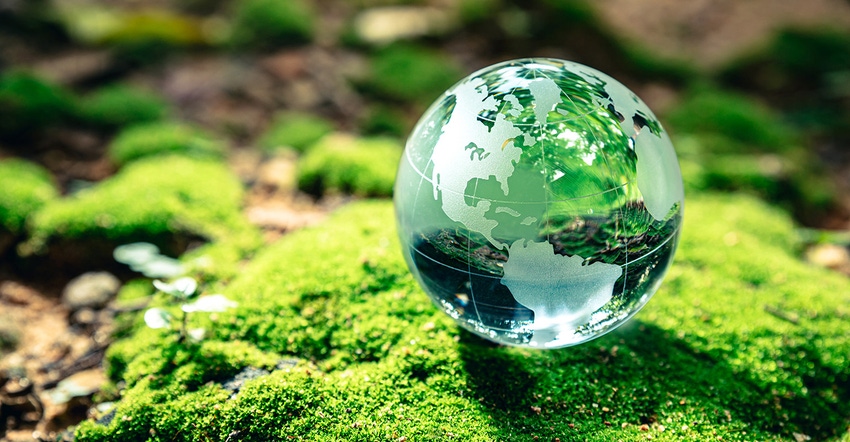Despite conventional wisdom, glass is no better than plastic from an environmental perspective.
April 29, 2023

Not to disdain the BBC — a venerable news organization that has my respect — but it’s not typically my source for balanced reporting on the plastics industry. So, when I saw the headline, “Glass or plastic: Which is better for the environment?," I figured I knew where the writer would land. Well, knock me over with a polyester feather: I was wrong.
Readers of PlasticsToday are well aware that, when you take the full lifecycle into account, plastic has a better environmental record than alternative materials, such as glass and paper. In the article published on April 27 in BBC Future, journalist Claudia Lee concedes that plastic does, indeed, have an edge when you consider where glass comes from and how it is made.
Glass is mainly made from silica, which is a natural compound that makes up 59% of the Earth’s crust, writes Lee. “The mining of silica sand can cause significant environmental damage, ranging from land deterioration to the loss of biodiversity. Some studies have also shown that extended exposure to silica dust can pose a public health risk, as it can lead to acute silicosis, an irreversible, long-term lung disease caused by the inhalation of silica dust over an extended period of time,” writes Lee.
She also notes that the extraction of sand for glass production may contribute to the global sand shortage. “Sand is the second most-used resource in the world after water — people use some 50 billion tonnes of 'aggregate,' the industry term for sand and gravel, each year,” writes Lee.
And then there’s the energy-intensive manufacturing process, which releases greenhouse gases. She cites the International Energy Agency, which reports that the container and flat-glass industries emit over 60 megatonnes of CO2 per year. It may seem surprising, she adds, but a study from the University of Southampton found that “plastic bottles are less environmentally damaging than glass bottles.”
While glass is recycled at a much higher rate than plastic — in Europe, glass recycling averages 76% compared with 41% for plastic, according to statistics cited by Lee — that doesn’t actually work in its favor. Glass requires higher temperatures than plastic to melt and form, she writes, and the remelting process accounts for 75% of energy consumption during production. Moreover, glass “is often treated as single-use” and when it is sent to landfill, it can take “up to one million years to decompose.”
Lee shies away from declaring an outright winner in the glass vs. plastic debate from an environmental perspective, but, given the scientific evidence, she has little choice but to conclude: “Considering its entire lifecycle, glass production may be equally as detrimental to the environment as plastic.”
A draw? We’ll take that. Thank you, Claudia Lee and Auntie Beeb, for following the science!
About the Author(s)
You May Also Like




